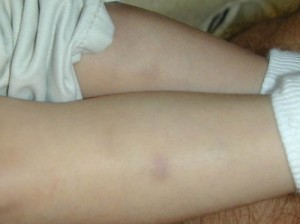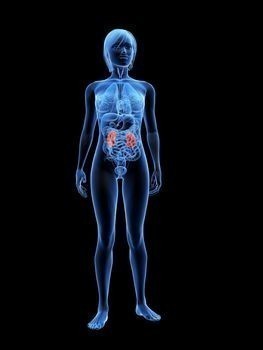Blood Clot Symptoms
Blood clot, which is also called thrombus, is a result of blood coagulation process in the so-called hemostasis. Possible causes include thrombosis and injury, wherein there is reduced blood flow. People are subject to increased risk of this medical problem if they have deep venous thrombosis, heart valve replacement as well as atrial fibrillation. Moreover, even disease-related and genetic deficiencies are possible to cause clotting. Here are some of the blood clot symptoms, treatments and diagnosis.
Signs of Blood Clot
Blood clots are divided into two main types, namely arterial clots and venous clots. Arterial clots causes patients discomfort and pain because they prevent the blood from getting to the affected area. Additionally, there is blood supply loss because of oxygen deprivation. Furthermore, these early signs are associated with sharp, severe and chronic pain. Other major and minor signs of this health problem are paralysis, loss of sensation and weakness.
In case of venous clots, the blood is prevented from returning to the heart. Most of the time, patients are also expected to experience pain, redness and warmth in the affected arms and legs. Add to that, the presence of swelling may indicate infection and inflammation.
Blood Clot Diagnosis
Patients are usually asked to undergo a series of diagnostic examinations and tests when consulting doctors. Of course, physicians need to know the complete medical histories of their patients. Discoloration, pain and swelling are early signs of this condition. To help detect the presence of these minor and major symptoms, there is a need for patients to undergo physical examinations. More importantly, these tests can help a lot in determining whether the cause of problem is arterial thrombus or venous thrombi.
For arterial blood clots, the recommended diagnostic procedures include heart catheterization, electrocardiography and arteriography. For venous blood clots, physicians can ask their patients to undergo a ventilation perfusion, computerized tomography scan and chest x-rays. When there is shortness of breath and chest pain, it is possible to perform an electrocardiogram on them. Blood tests, video x-ray and ultrasound can also provide proper and highly accurate diagnosis of such problem.
Blood Clot Treatment
Arterial blood clots need more aggressive treatment than venous blood clots. To restore blood supply in the arteries, doctors may prescribe medications to their patients like tenecteplase as well as alteplase. For venous blood clots, some of the top medications available include ibuprofen and acetaminophen. In case of deep venous thrombosis, the possible drugs for stopping clotting and pulmonary embolus include warfarin and enoxaparin.







